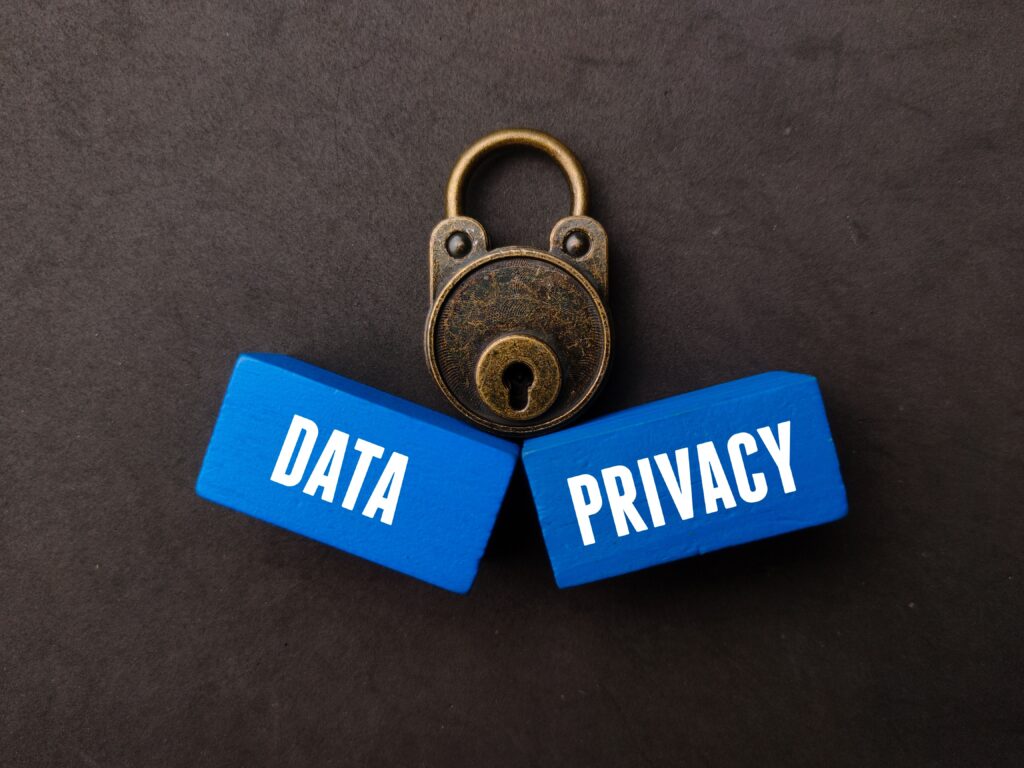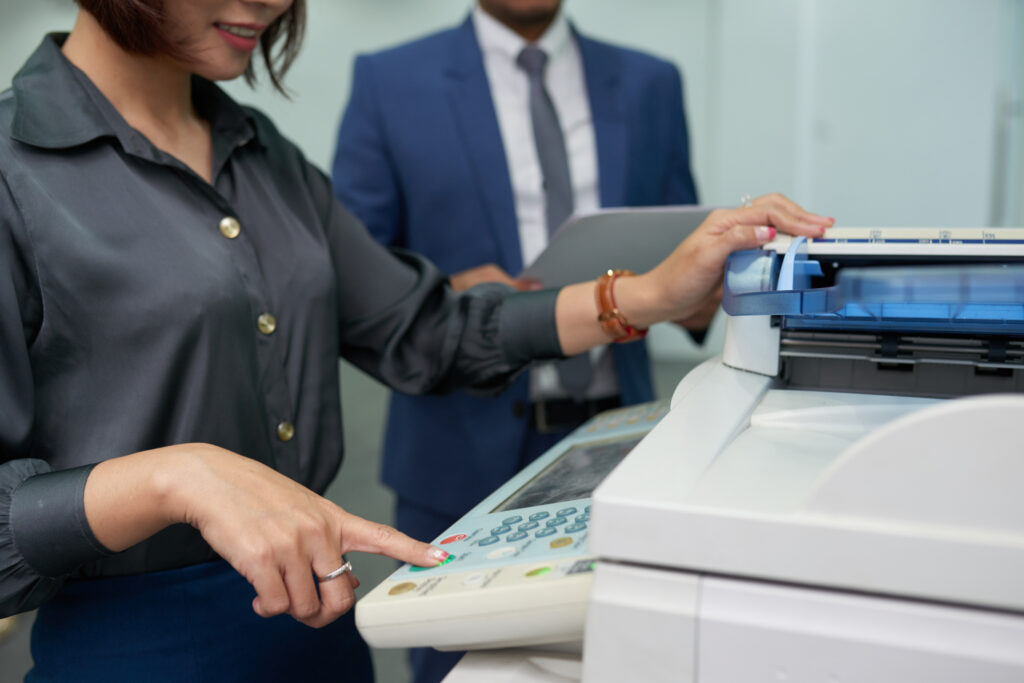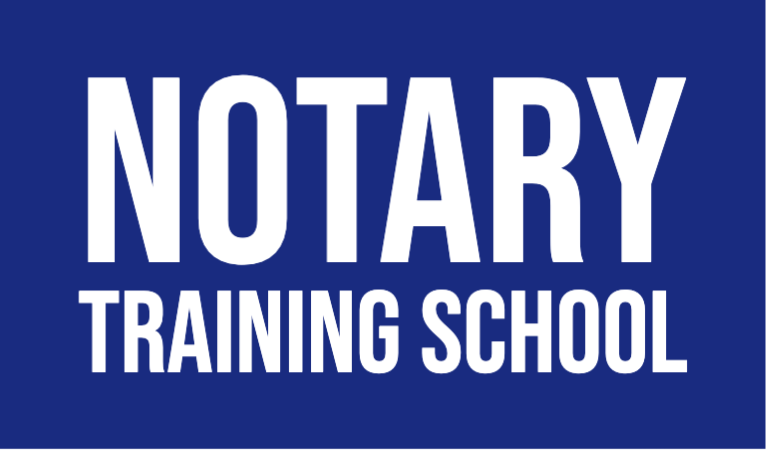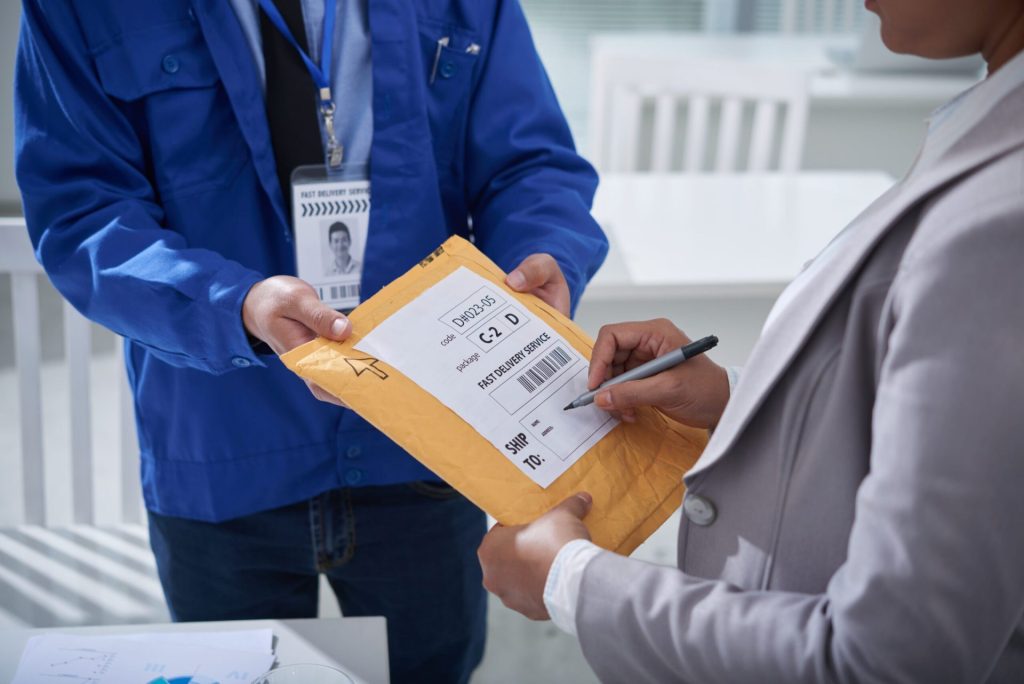The Risks of Using FedEx, UPS, or Public Copy Centers for Notary Signing Agents

As a Notary Signing Agent (NSA), safeguarding the confidentiality and security of loan documents is a fundamental aspect of your role. These documents often contain sensitive personal and financial information that, if mishandled, can lead to serious privacy breaches and legal consequences. This article delves into the inherent risks of printing loan packages at public copy centers such as FedEx and UPS. We will also explore secure alternatives and best practices to ensure the utmost protection of client information.
Table of Contents
Understanding the Role of a Notary Signing Agent

The Responsibilities of an NSA
A Notary Signing Agent is a specialized notary public who plays a critical role in the mortgage loan process. NSAs are responsible for ensuring that loan documents are properly signed, notarized, and returned to the lender in a timely manner. This involves a high degree of precision and attention to detail, as any errors can delay the loan process.
Importance of Confidentiality
Confidentiality is a cornerstone of the NSA’s duties. Loan documents contain highly sensitive information, including personal identification details, financial records, and social security numbers. Protecting this information is not just a legal obligation but also a moral one, as clients trust NSAs to handle their private data securely.
Building Client Trust
Client trust is built on the assurance that their personal information will remain confidential. Any breach of this trust can result in severe repercussions for both the client and the NSA. Therefore, understanding and implementing secure practices for handling and printing loan documents is essential.
Legal Requirements and Privacy Concerns

Overview of Privacy Laws
Notary Signing Agents must adhere to a variety of privacy laws designed to protect consumer information. One of the most pertinent laws is the Graham-Leach-Bliley Act (GLBA), which mandates that financial institutions, including those handling loan documents, protect the privacy of consumer data. This law requires NSAs to implement appropriate safeguards to ensure the confidentiality and security of sensitive information.
The Graham-Leach-Bliley Act
The GLBA specifically addresses the need for financial privacy, outlining standards for protecting personal information. NSAs, by virtue of handling loan documents, fall under the purview of this act. The GLBA’s provisions include ensuring that consumer information is securely stored and transmitted, which directly impacts how NSAs manage the printing of loan packages.
Legal Repercussions
Failure to comply with privacy laws can result in significant legal consequences for NSAs. These may include hefty fines, legal actions, and the potential loss of certification. Understanding these legal requirements and the importance of privacy in handling loan documents is crucial for every NSA.
Risks Associated with Public Copy Centers

Lack of Control Over Document Security
Public copy centers, such as FedEx and UPS, pose significant risks when it comes to printing loan documents. One of the primary concerns is the lack of control over document security. In these public environments, there is no guarantee that the information will remain confidential.
Unauthorized Access
Public copy centers are frequented by numerous individuals, and it is challenging to ensure that unauthorized persons do not access the documents. This lack of control can lead to situations where sensitive information is viewed or even copied by unintended parties.
Memory Functions in Printers
Many printers, especially those used in public copy centers, have memory functions that store documents even after they have been printed. This feature can inadvertently lead to privacy breaches, as stored documents can be retrieved and viewed by others who use the printer later. The persistent memory of these machines poses a significant risk to the confidentiality of loan documents.
Potential for Privacy Breaches
The risk of privacy breaches at public copy centers is substantial. Documents left unattended on printers or exposed on shared workstations can easily fall into the wrong hands. This exposure can lead to identity theft, financial fraud, and other serious privacy violations.
Implications for Client Trust
Using public copy centers can severely damage client trust. Clients expect their personal information to be handled with the highest level of confidentiality. Any breach, whether actual or perceived, can result in clients losing faith in the NSA’s ability to protect their information.
Secure Alternatives for Printing Loan Packages

Investing in a Personal Printer
One of the most effective ways to ensure the security of loan documents is to invest in a high-quality personal printer. This allows NSAs to maintain complete control over the printing process, ensuring that sensitive information remains private.
Benefits of a Personal Printer
Having a personal printer eliminates the risks associated with public copy centers. It ensures that documents are printed in a secure, private environment, significantly reducing the chance of unauthorized access.
Mobile Printing Solutions
For NSAs who are frequently on the move, mobile printing solutions offer a secure and convenient alternative. Mobile printers can be used in various locations, allowing NSAs to print documents securely regardless of where they are working.
Technological Aids
There are various technological aids available that can enhance the security of printing processes. These include encryption tools, secure print release functions, and other security features designed to protect sensitive information.
Practical Tips for Notary Signing Agents

Implementing Secure Practices
To ensure the security of loan documents, NSAs should implement several practical measures:
Secure Storage of Documents
Always store documents in a secure, locked location when not in use. This prevents unauthorized access and ensures that sensitive information remains protected.
Use of Encrypted Digital Copies
When handling digital copies of loan documents, use encryption tools to protect the information. Encrypted files are much harder for unauthorized individuals to access.
Regular Training and Education
Continuously educate yourself on the latest privacy laws and best practices. Regular training ensures that you are up-to-date on the most effective methods for protecting client information.
Adopting Secure Printing Methods
When printing loan documents, adhere to secure methods to maintain confidentiality:
Print in a Controlled Environment
Always print documents in a controlled, private environment. Avoid using public printers or shared workstations that could expose sensitive information.
Monitor the Printing Process
Stay with the printer during the entire printing process to ensure that documents are not left unattended. This simple practice can prevent unauthorized individuals from accessing the information.
Shred Unneeded Documents
Immediately shred any documents that are no longer needed. This ensures that sensitive information is destroyed and cannot be recovered or misused.
Utilizing Secure Technologies
Leverage technology to enhance document security:
Secure Print Release
Use printers that offer secure print release functions. This feature requires the user to authenticate at the printer before the document is printed, ensuring that only authorized individuals can access the printed documents.
Document Tracking
Implement document tracking systems to monitor the handling and printing of loan documents. This adds an extra layer of security by providing a record of who accessed the documents and when.
Conclusion
The risks associated with using public copy centers like FedEx and UPS for printing loan packages are significant. As a Notary Signing Agent, it is your responsibility to ensure the confidentiality and security of your clients’ information. By investing in secure printing options and adhering to privacy laws, you can protect your clients and maintain the trust placed in you. Prioritize client privacy, stay informed on best practices, and implement secure printing methods to excel in your role as an NSA.






Responses